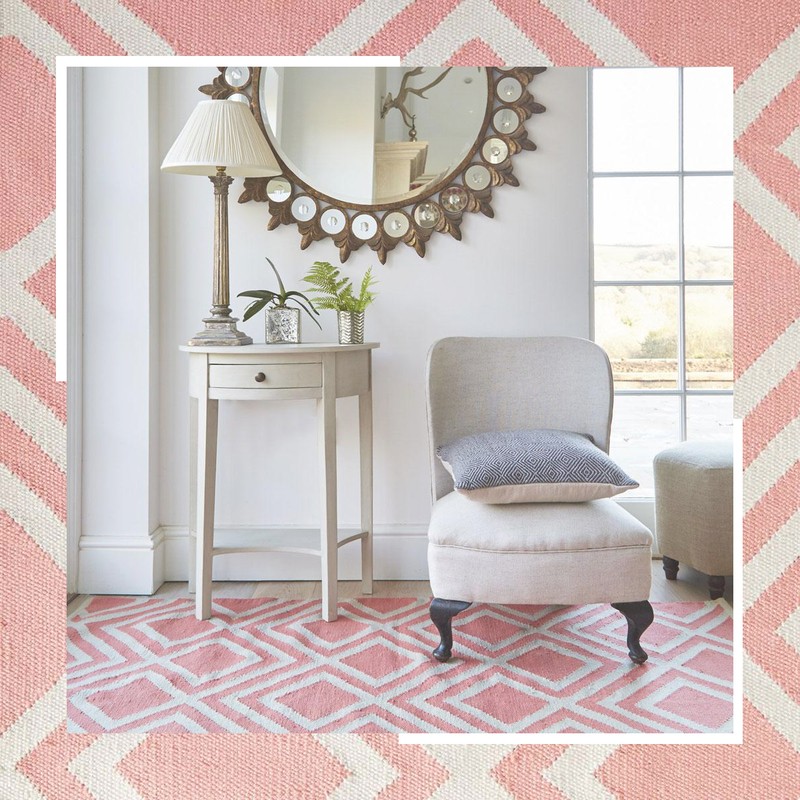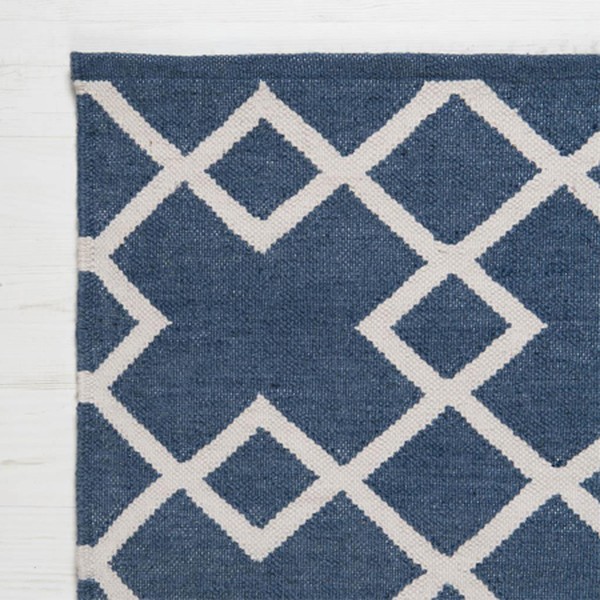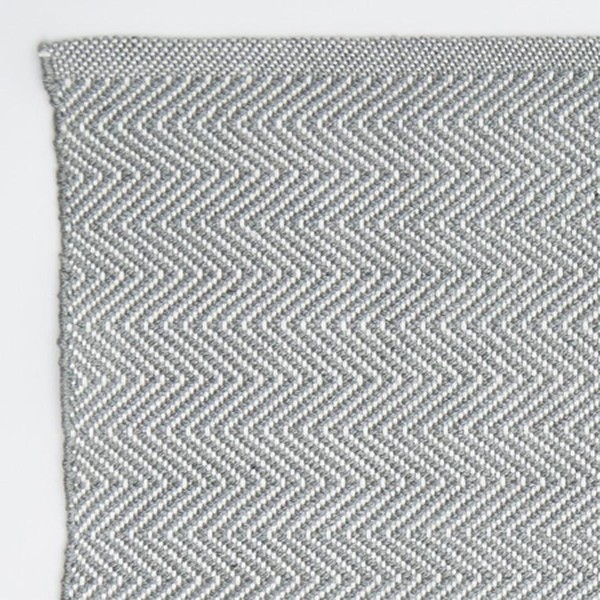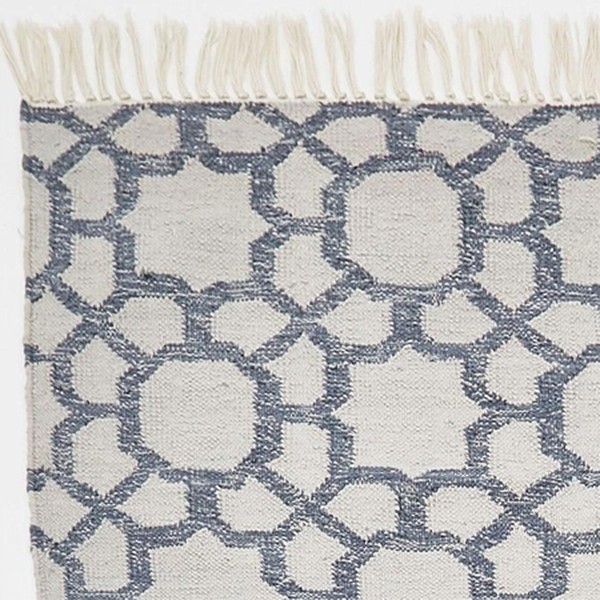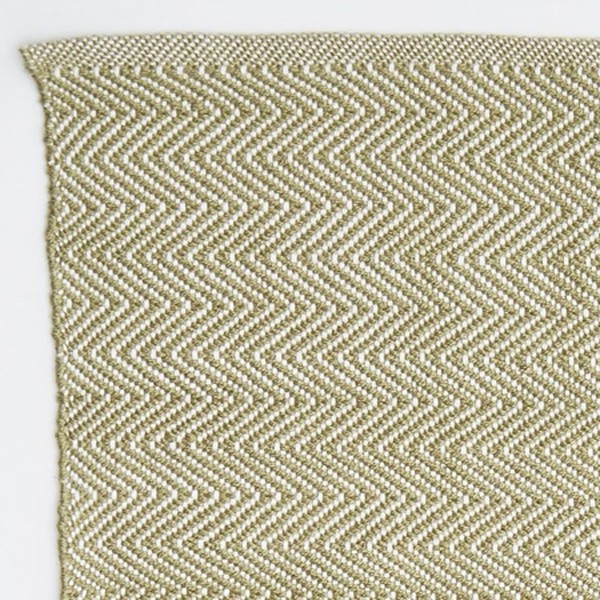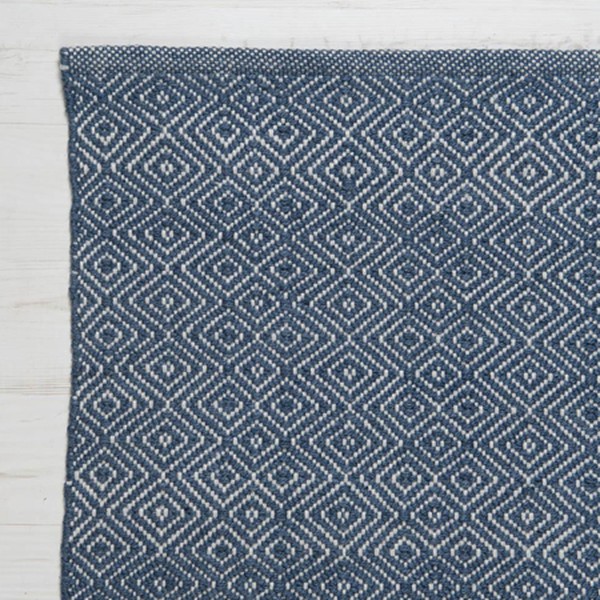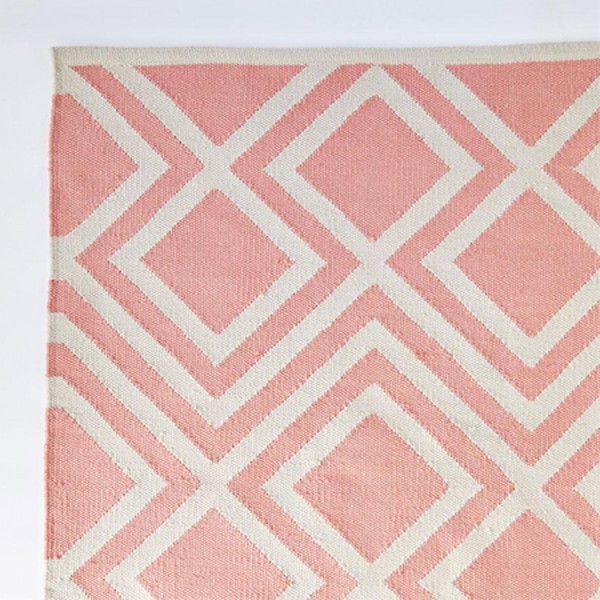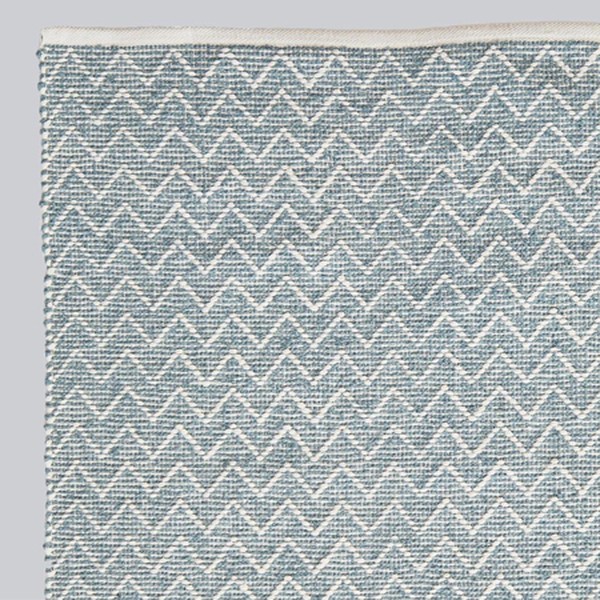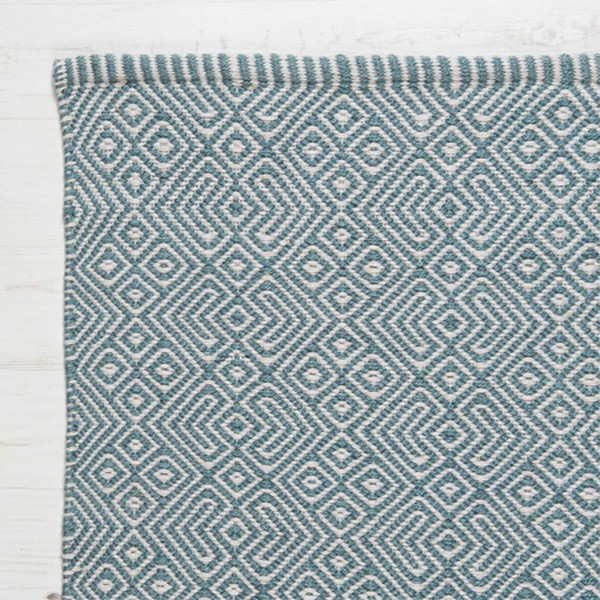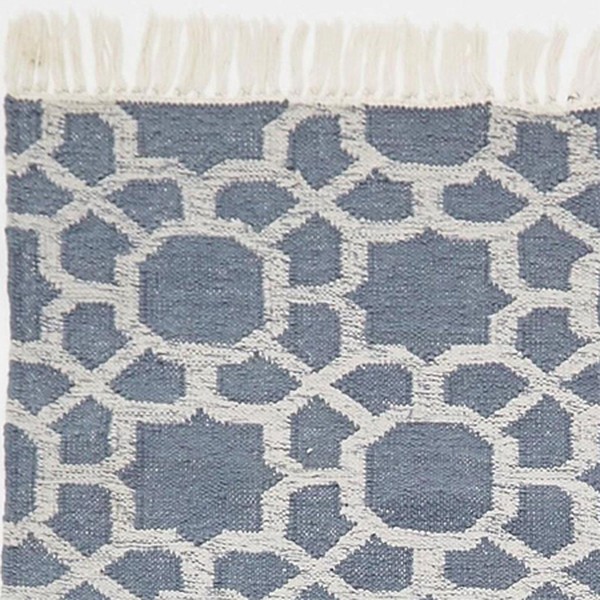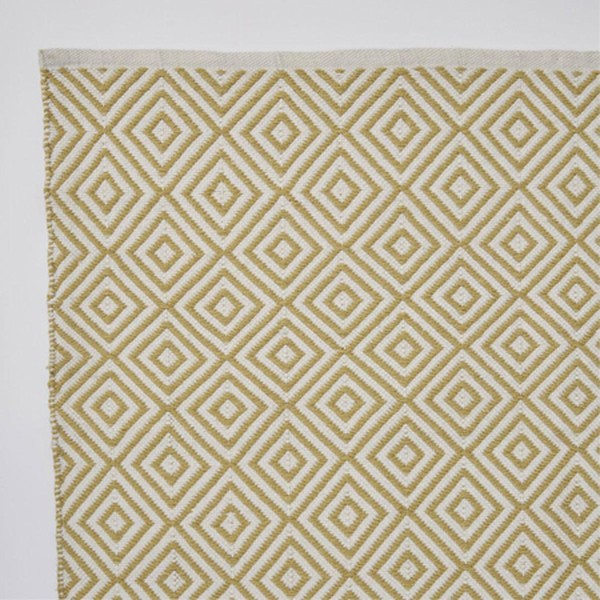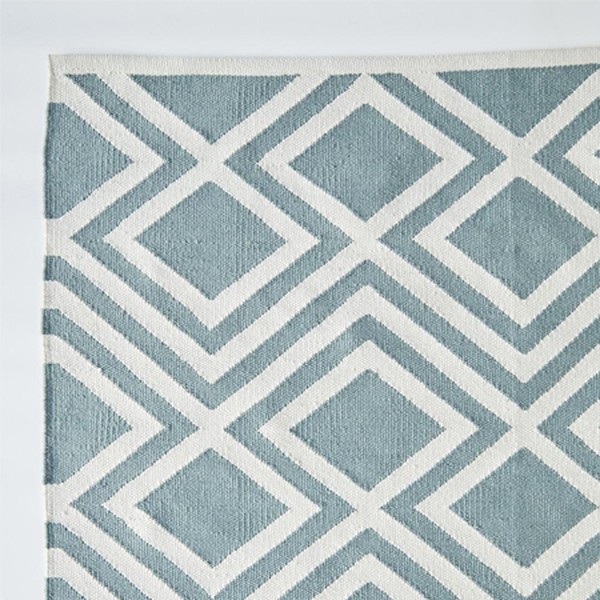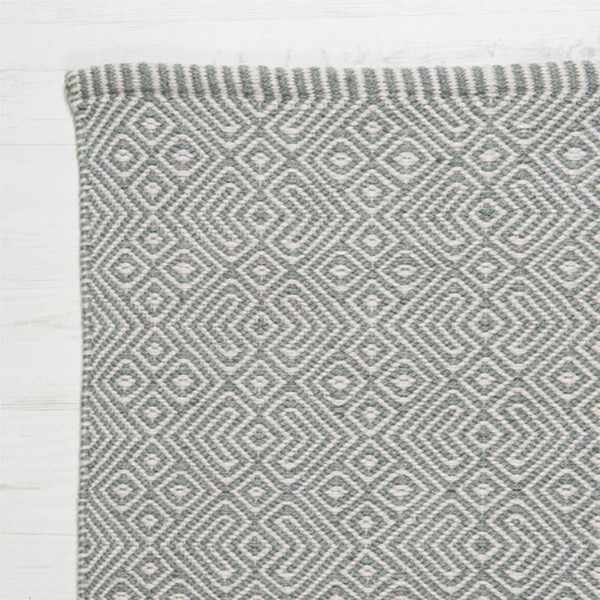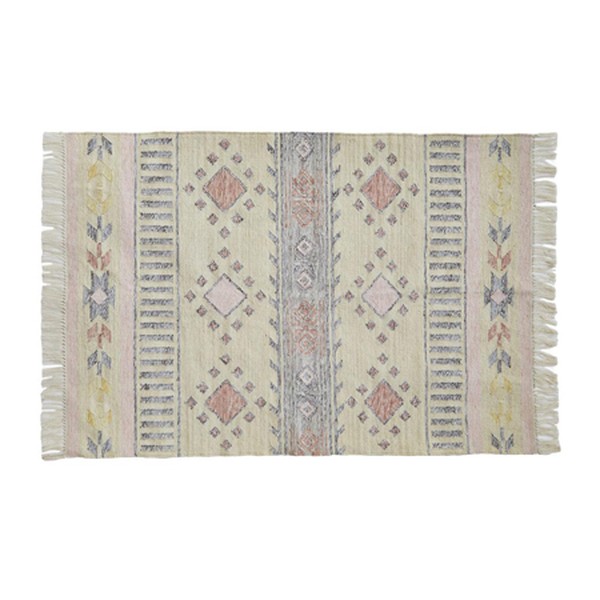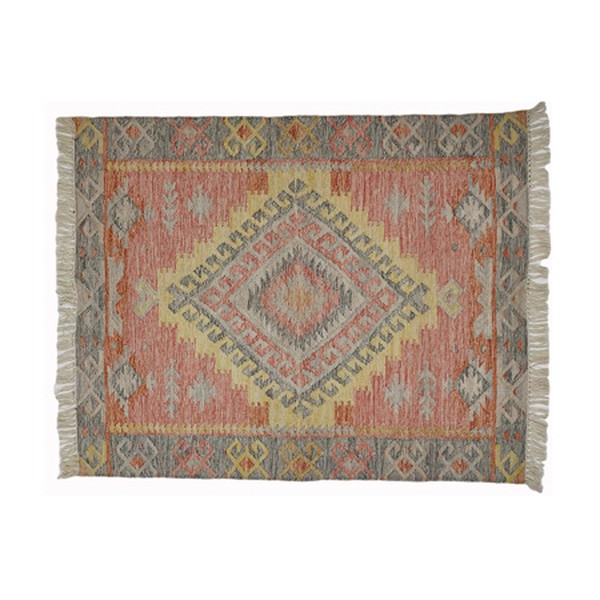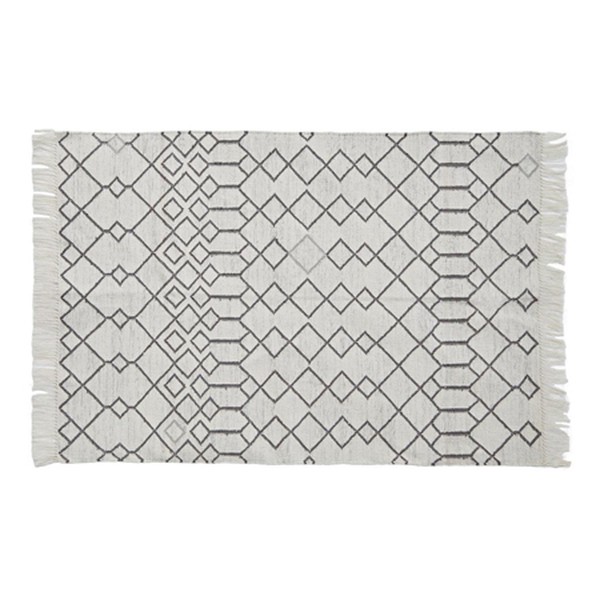The Sustainable Homeware Brand To Know
How did you create Weaver Green?
We created our brand from the bottom up, starting by defining the kind of company we wanted to be in terms of our environmental footprint, and ending with the creation of products that stood up to scrutiny and were genuinely desirable to consumers – regardless of their environmental credentials.
How do you ensure sustainability?
We control every element of our production to ensure the best possible practice in manufacturing. These processes include: using a closed water system (whereby the same water is continuously recycled and filtered without being released into external waterways); using recycled waste wheat husks to heat our dyeing boilers; and using long filament threads to our yarn to minimise microfibre shedding.
What was the inspiration behind the range?
It all started when we were travelling in Asia and stumbled across a rudimentary fishing rope, made from unravelled plastic bottles – including lids. Used to tether fishing boats, the rope was strong and waterproof, and was a moment of inspiration. Could we take some of the mountain of plastic waste polluting our seas and landfill and turn it into a useful and practical yarn? The answer was yes.
What was your biggest challenge in creating the range?
Turning hard plastic into lovely open fibres that provide all the softness and texture of wool was no easy task. It took seven years to create the perfect textile. It not only has the look and feel of wool, but is also machine washable, stain resistant, environmentally friendly and suitable for indoor and outdoor use.
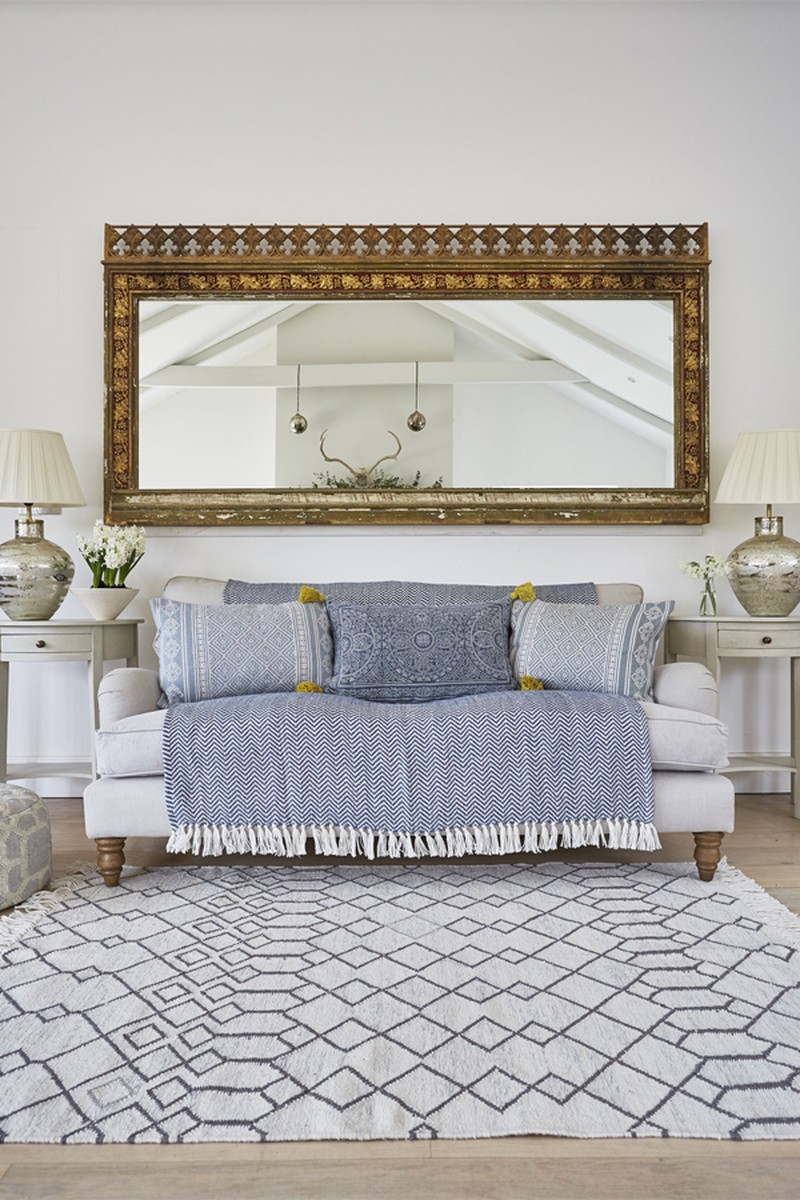
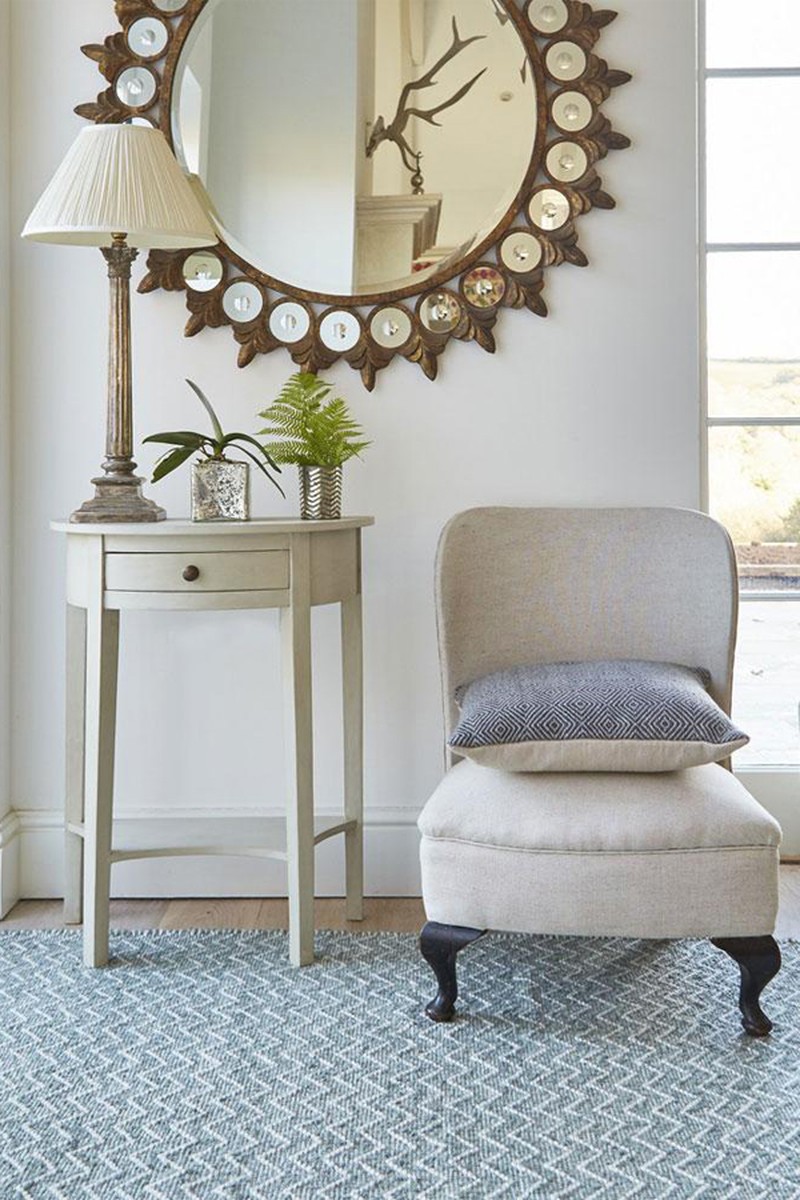
Do you come from an interior background?
Barney: My background is in the flooring industry, so I am no stranger to the intricacies of weaving houses throughout the world, while Tasha’s organic drinks business and love of antique textiles gave us a strong environmental ethos.
What's your bestselling design?
Juno and Tarifa rugs are our best sellers – they have a strong identity and great colour, offering a modern take on the traditional dhurrie and kilim styles.
What do you have planned for the future?
We have been working on our yarn to create different feel and draping properties. We have some exciting new products and categories in development – watch this space. We hope to become an established and trusted key brand in the UK homewares and textiles industry, making great products that not only look good, but that continue to have impeccable environmental and Fairtrade credentials.
Do you see a move towards more sustainable homeware, in general?
Yes – when we first started, no one really cared our brand ethos and products were based on a fully sustainable platform making products entirely from recycled plastic bottles. Initially our customers bought because they loved the designs, colours and practicality of our products. This changed almost overnight after ‘A Plastic Ocean’ – the film made by Jo Ruxton and endorsed by David Attenborough – was aired. Now our environmental credentials are a top point of interest when people make decisions about what they put in their homes.
Visit WeaverGreen.com
DISCLAIMER: We endeavour to always credit the correct original source of every image we use. If you think a credit may be incorrect, please contact us at info@sheerluxe.com.
